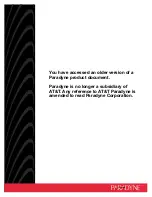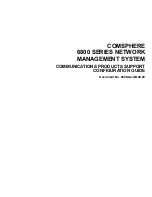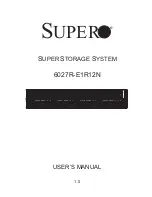
4-3
Cisco XR 12410 and Cisco XR 12810 Router Installation Guide
OL-17441-01
Chapter 4 Troubleshooting the Installation
Troubleshooting Overview
•
Chassis backplane power distribution. –48 VDC power from the power
supplies is transferred to the chassis backplane and is distributed to all of the
cards through the backplane connectors. The blower module receives power
from the chassis backplane through a wiring harness and passes MBus data
back to the chassis backplane.
•
Processor subsystem—Includes the RP, up to nine line cards (when no
optional, redundant RP is installed), and two alarm cards. The RP and line
cards are equipped with onboard processors. The RP downloads a copy of the
Cisco software image to each line card processor. The system uses an
alphanumeric display (on each line card and RP) t o display status and error
messages, which can help in troubleshooting.
•
Cooling subsystem—Consists of a blower module, which circulates air
through the card cages to cool the cards, and a fan in each of the power
modules, which circulates cooling air through the power module.
Normal Router Startup Sequence
You can generally determine when and where the router failed during the startup
sequence by checking the status LEDs on the power modules, and the
alphanumeric displays on the RP and line cards.
In a normal router startup sequence, the following sequence of events and
conditions occur:
1.
The fans in the blower module receive power and begin drawing air through
the chassis.
The blower module OK indicator is on.
2.
The fan in each PEM receives power and begins drawing air through the
power supply.
The power supply Pwr OK indicator is on.
3.
As the power on and boot process progresses for the RP and each installed
line card, the status of each card appears on the alphanumeric display on the
front panel of the card:
–
The upper row of the display is powered by the DC-to-DC converter on
the card.
–
The lower row of the display is powered by the +5 VDC provided through
the backplane.
















































